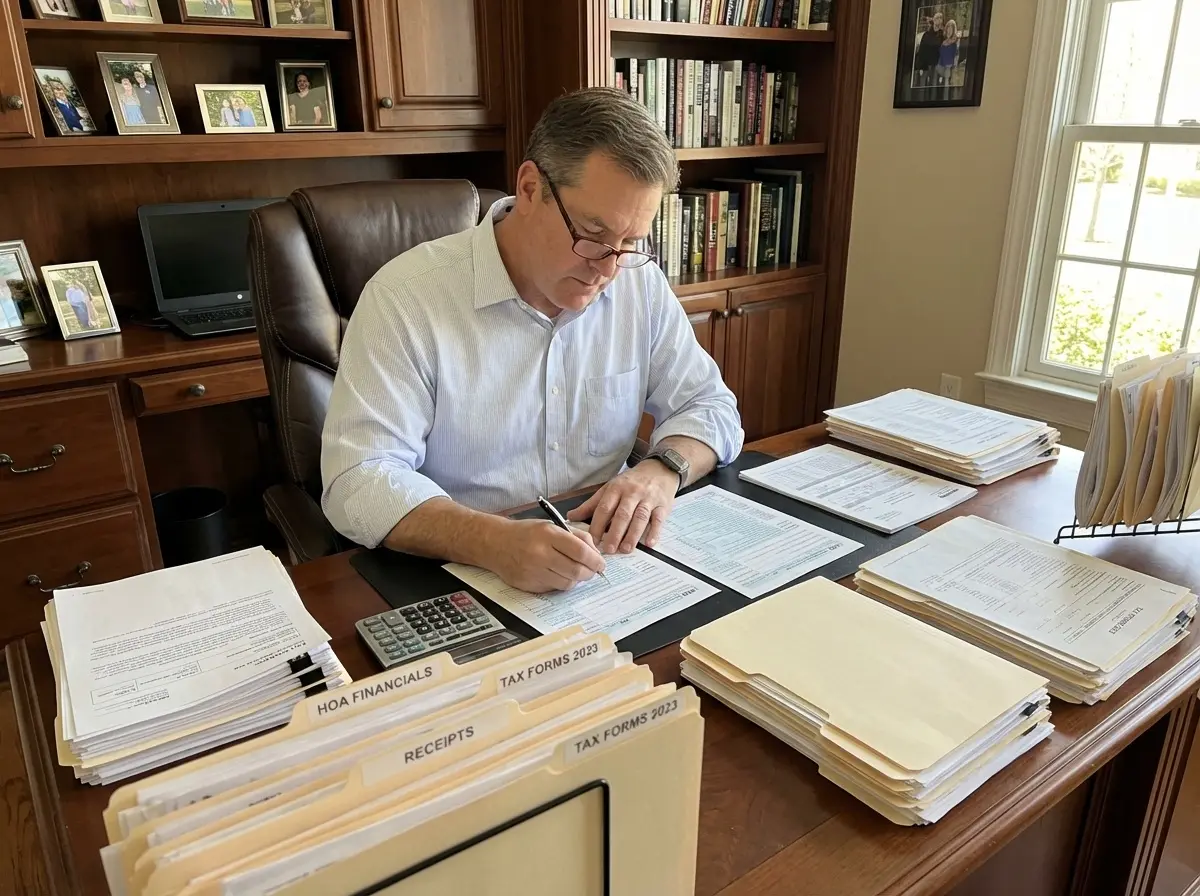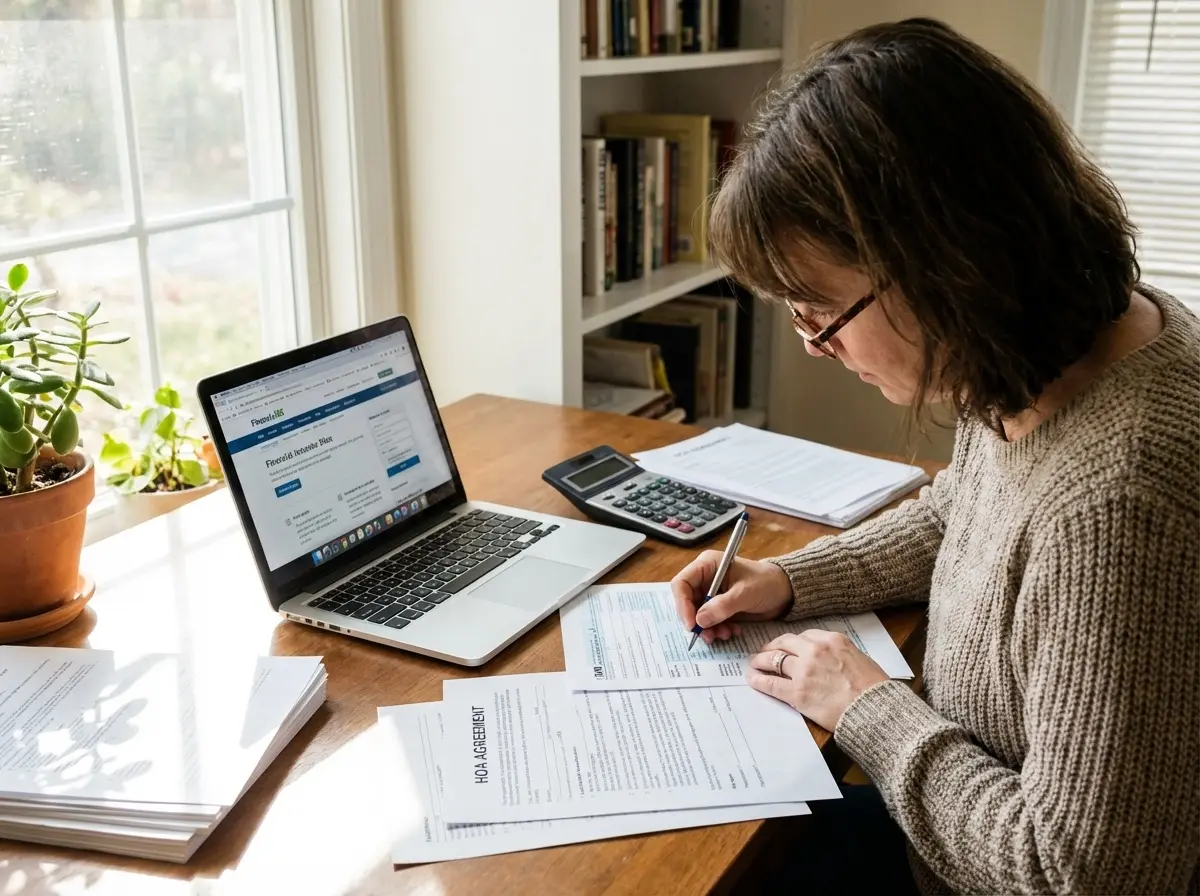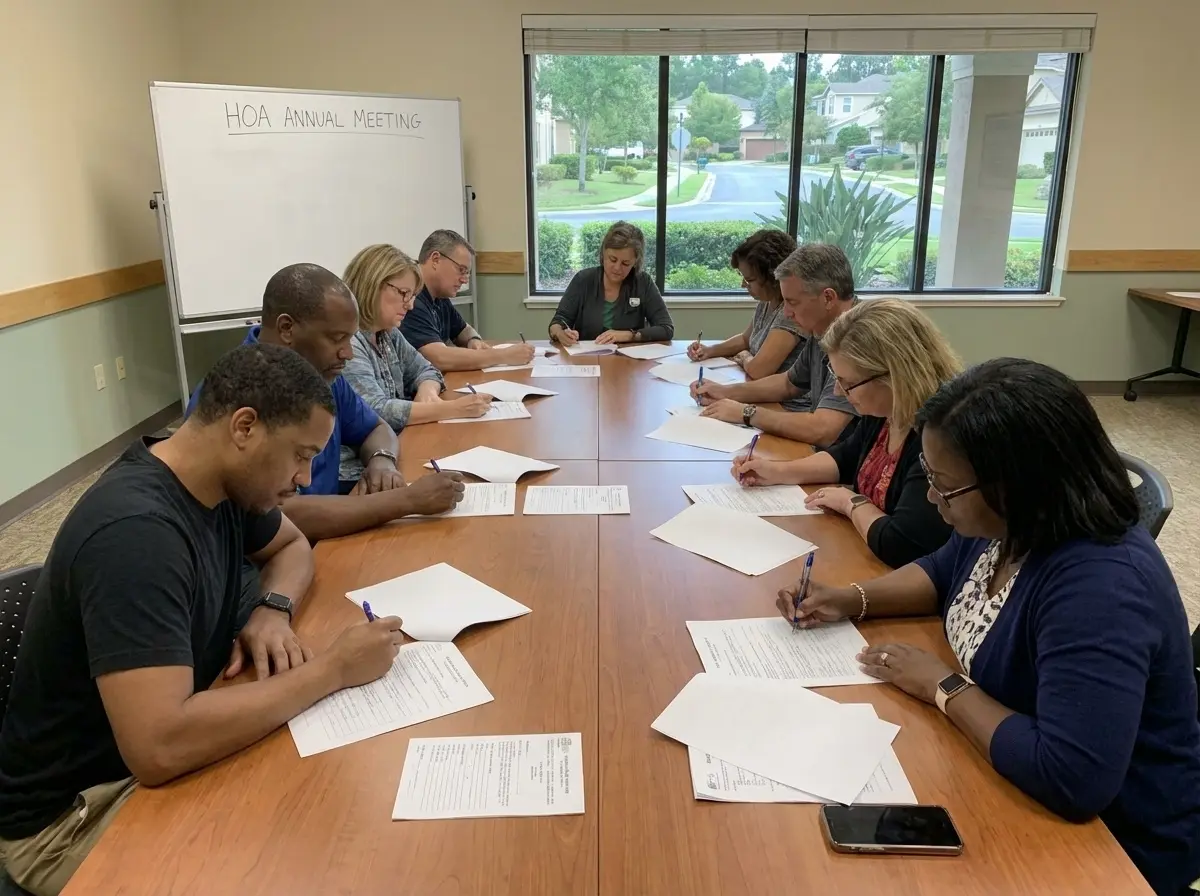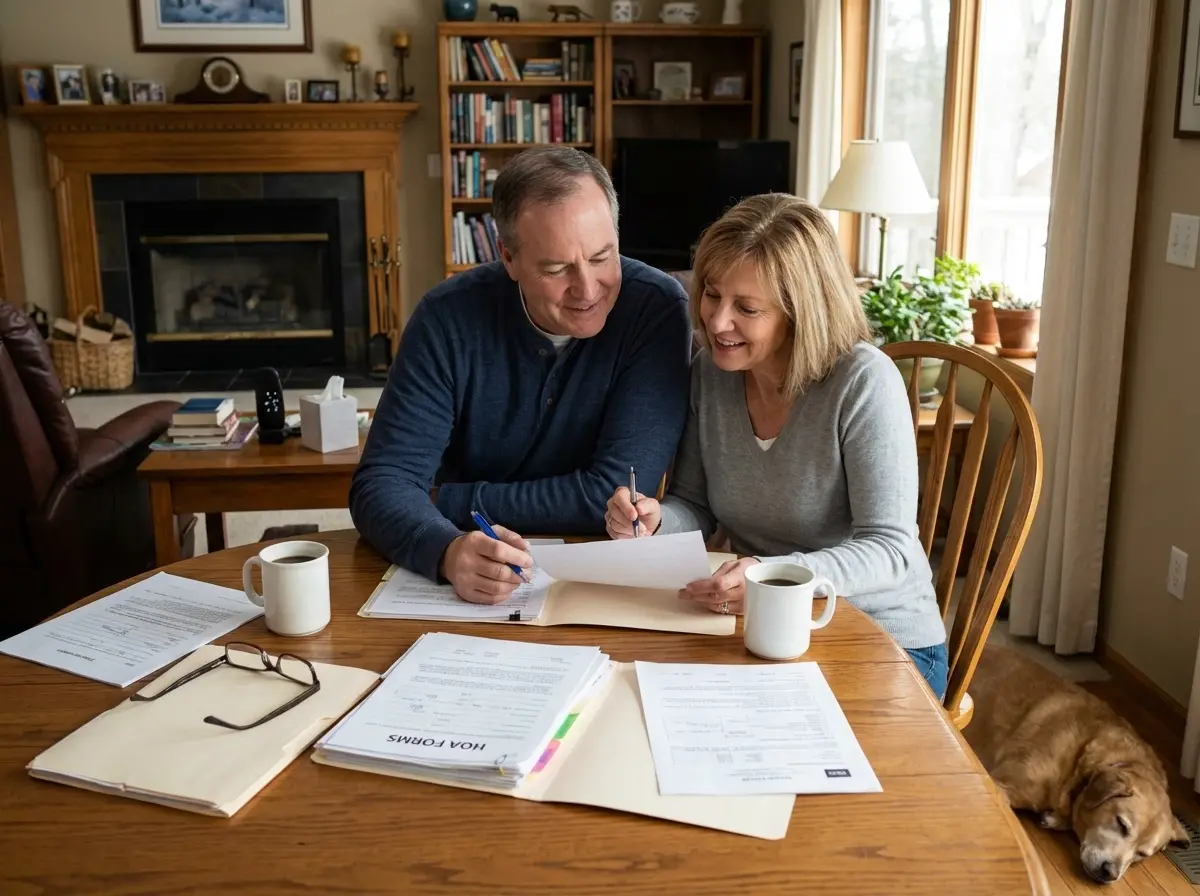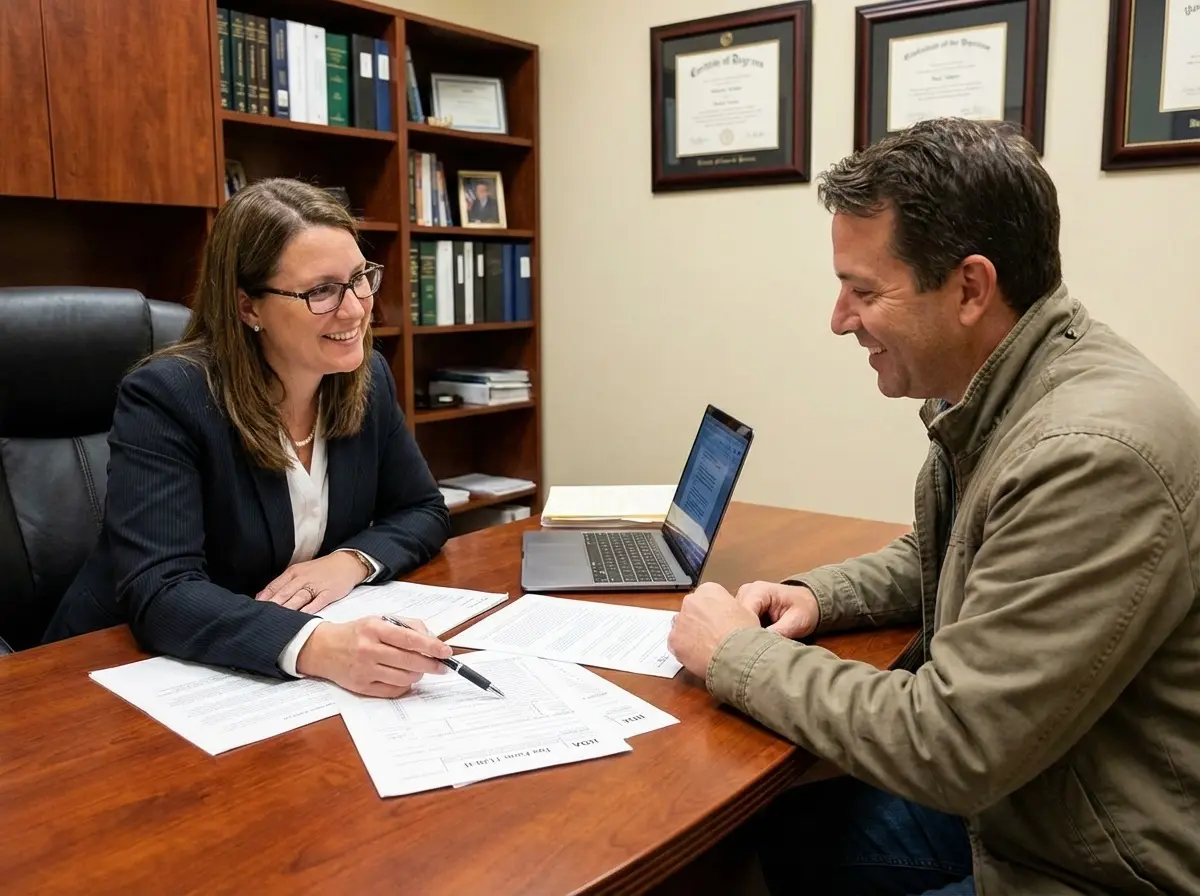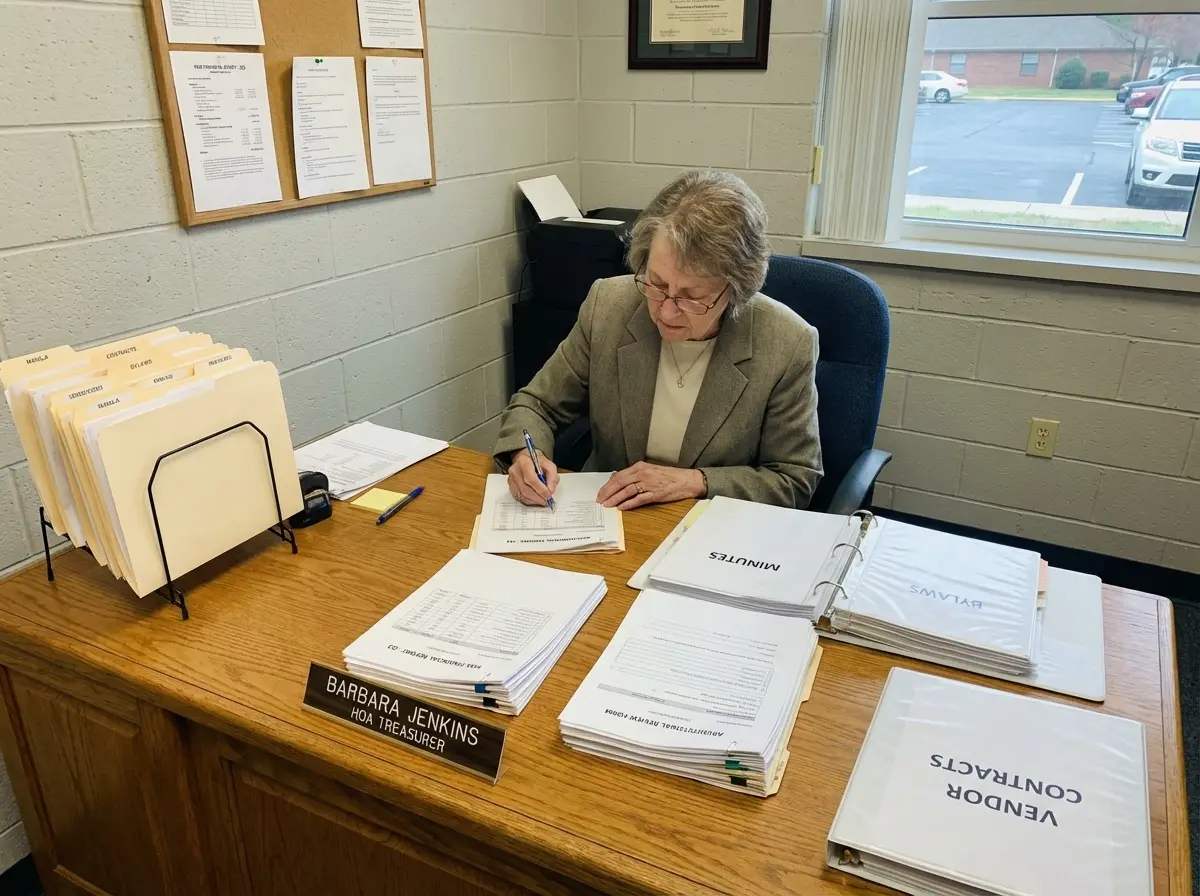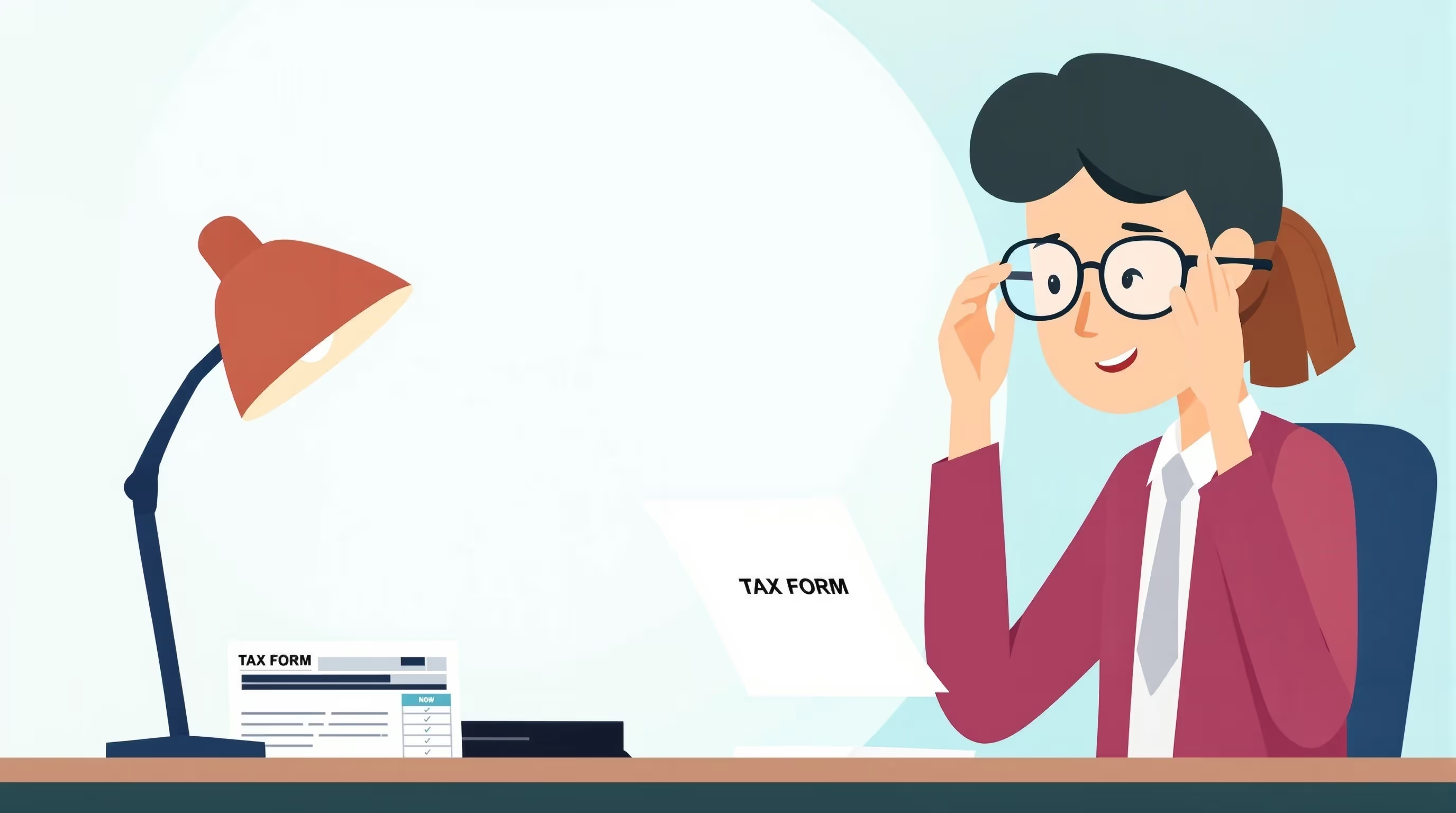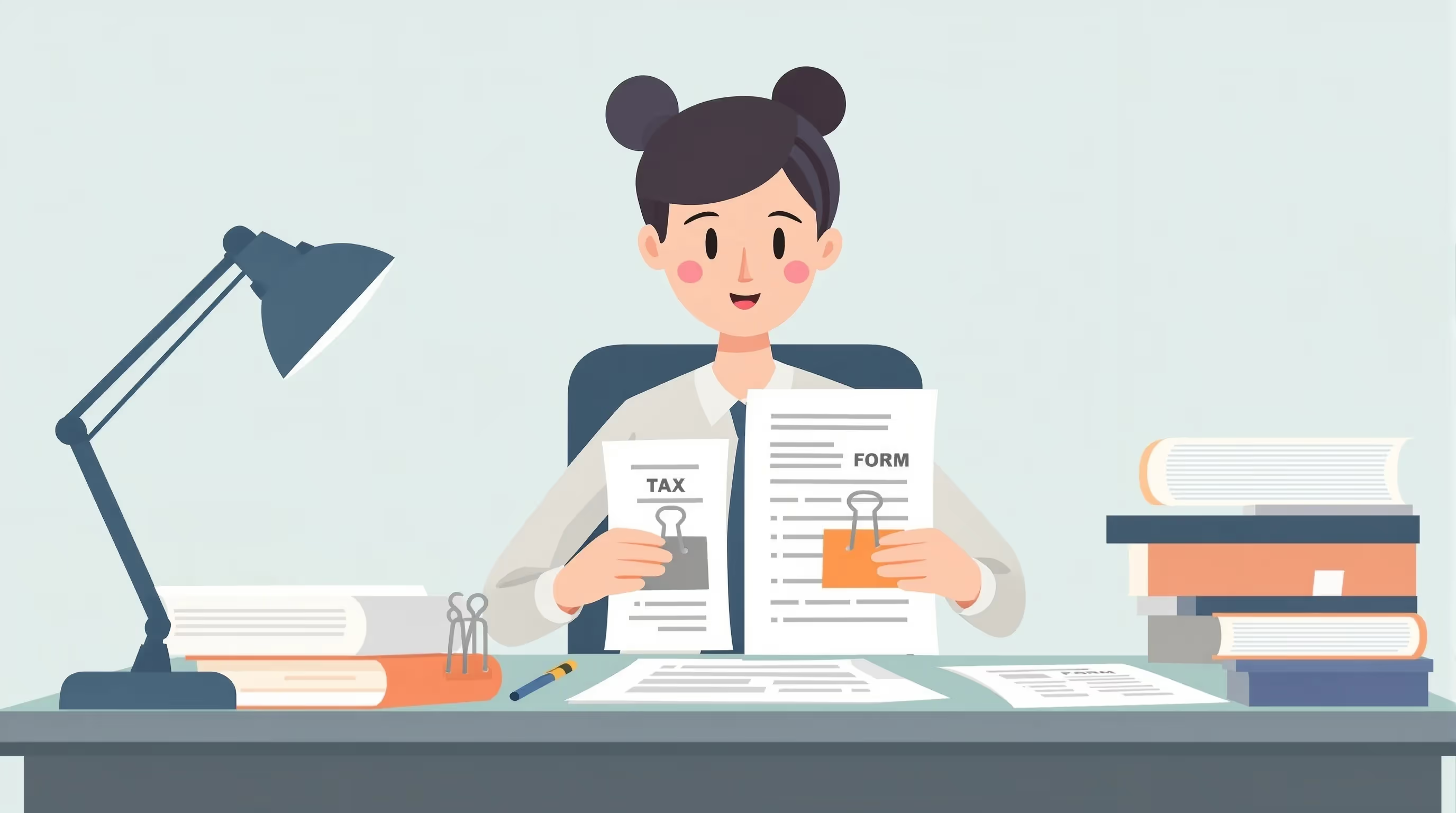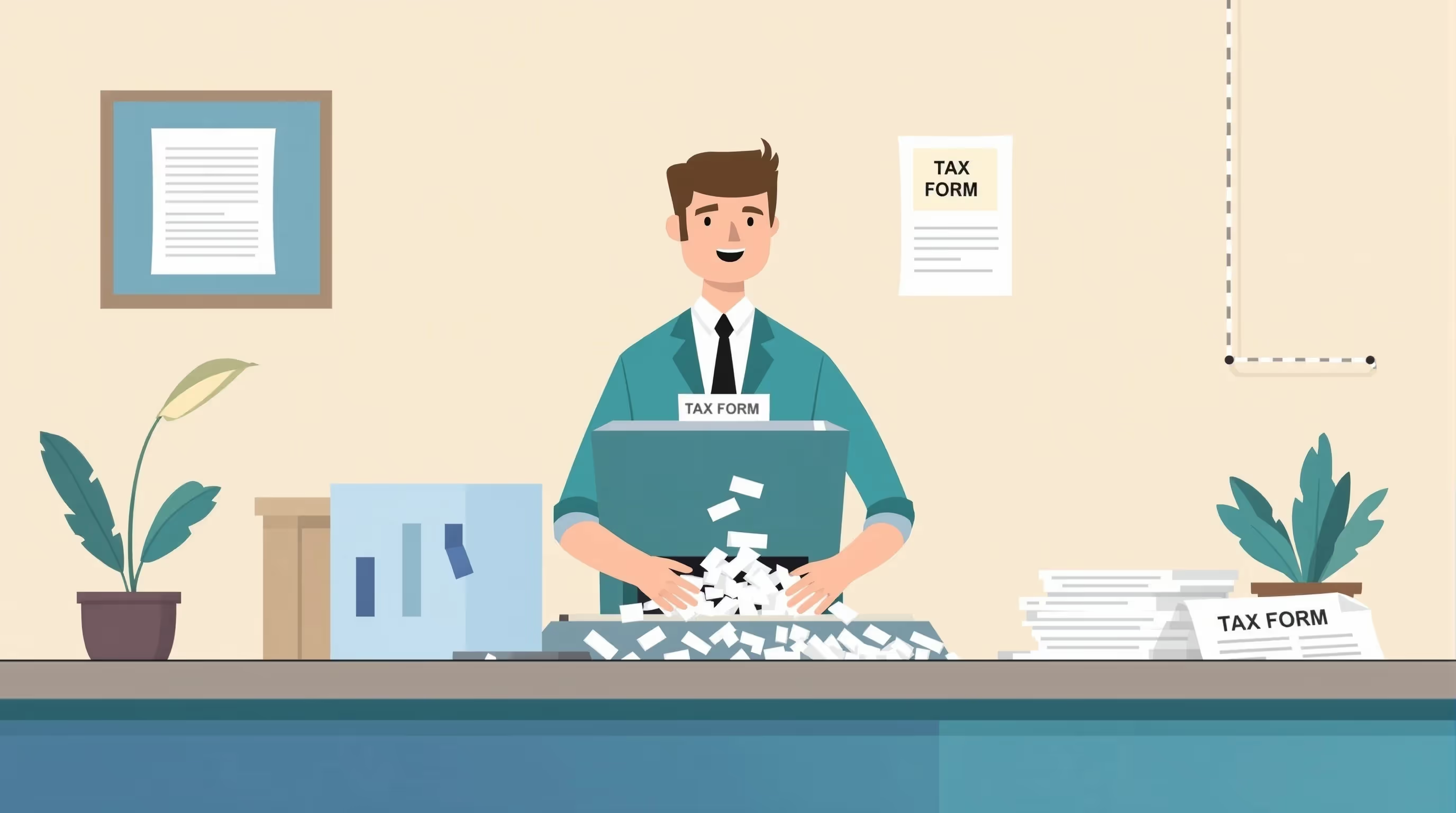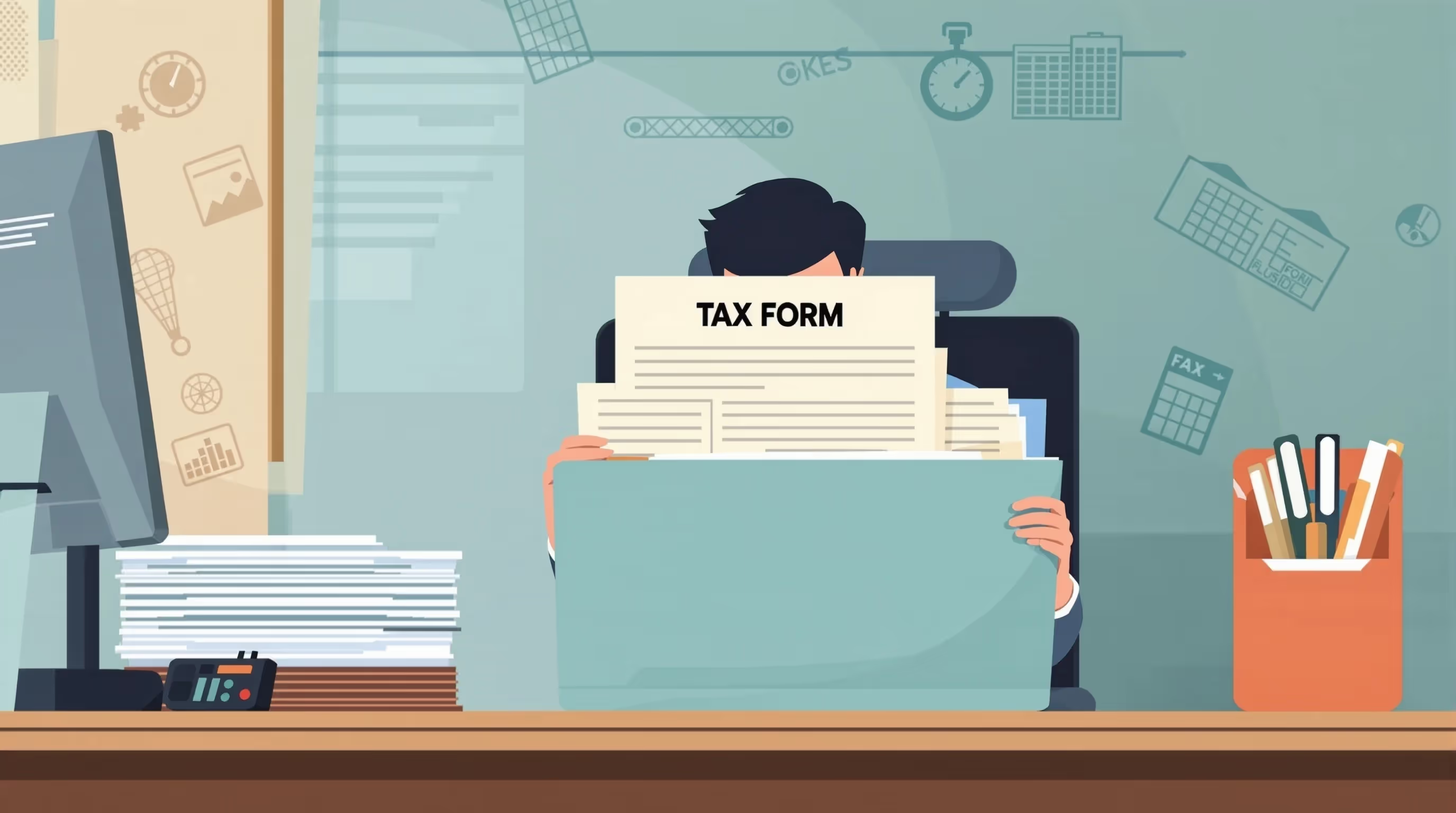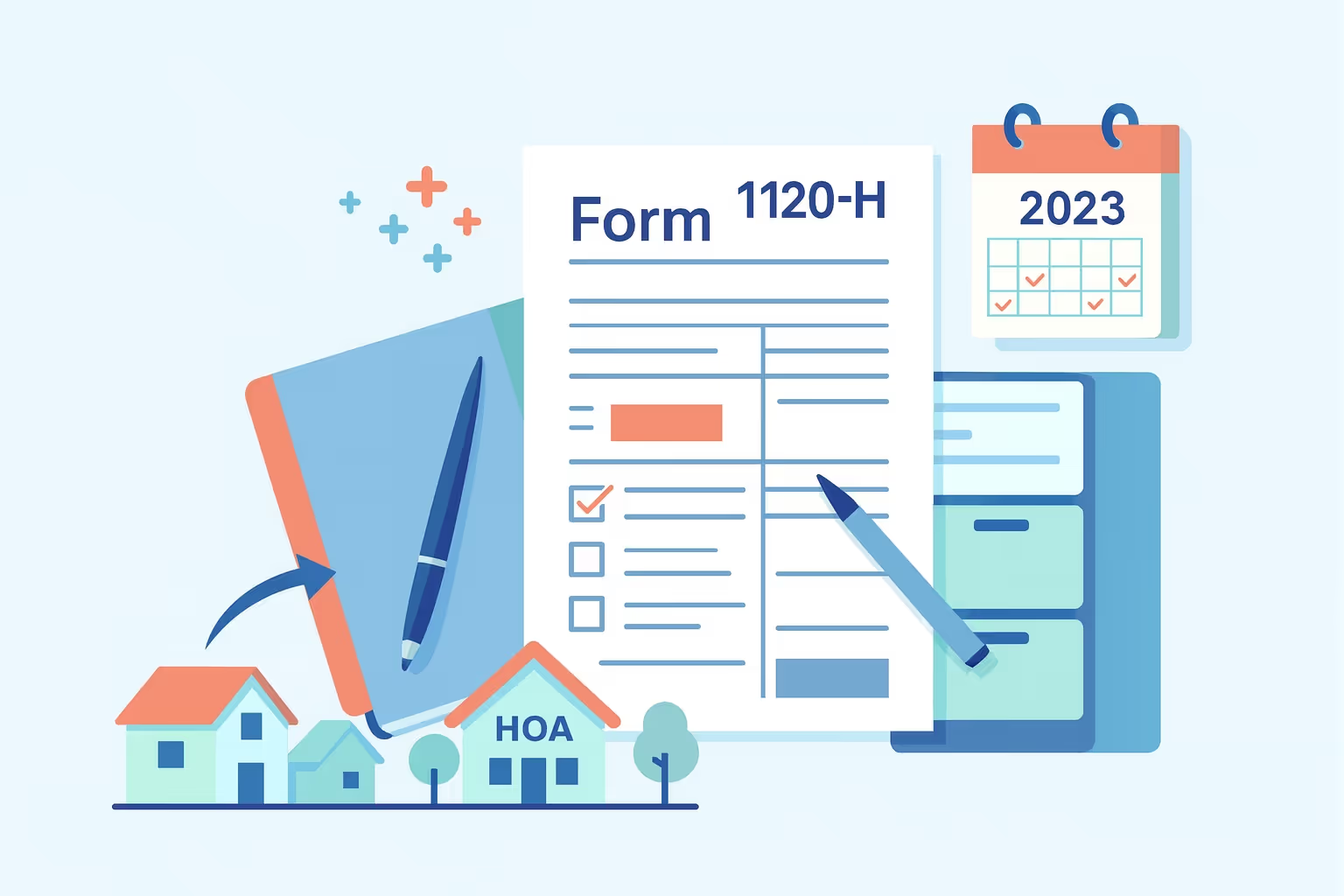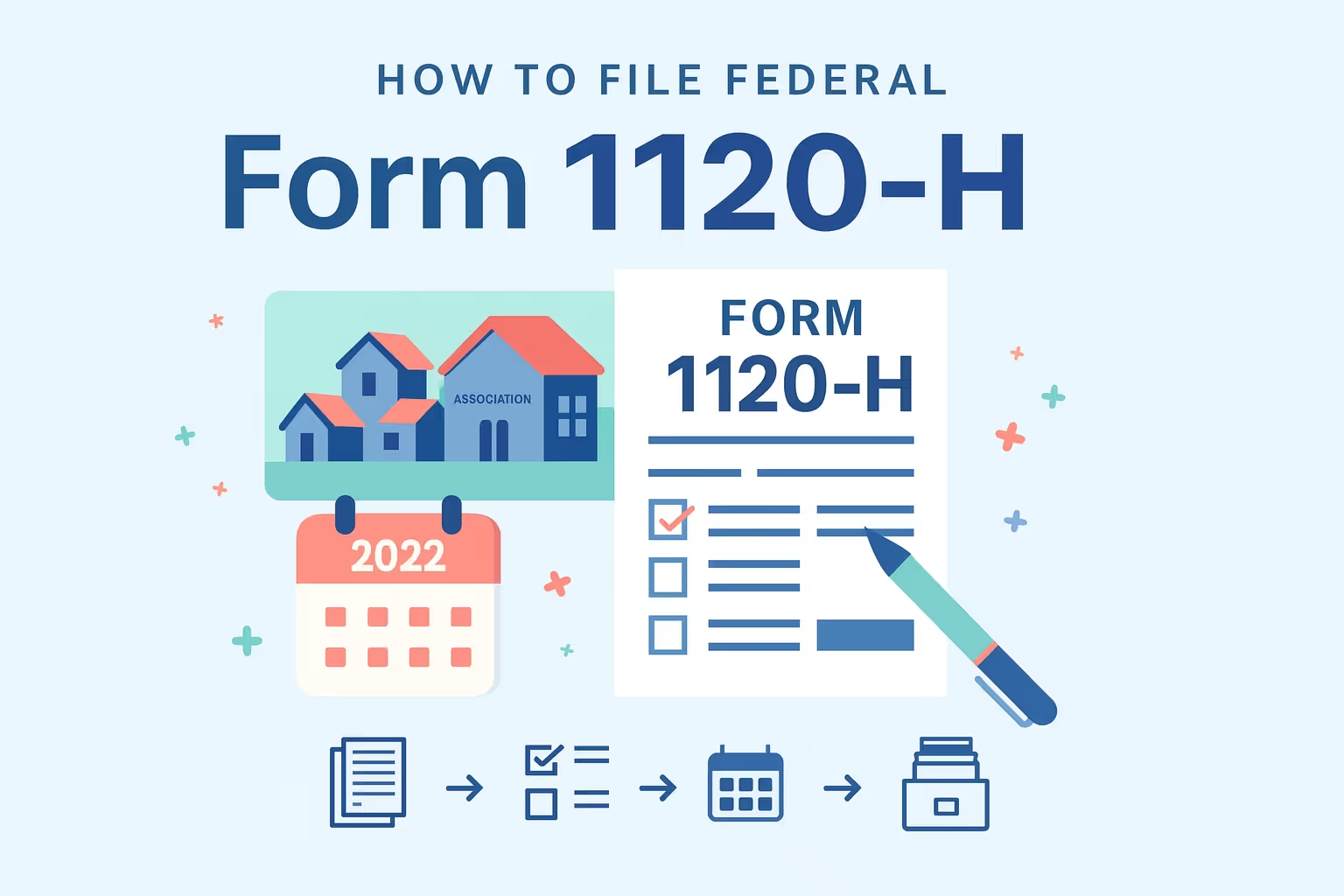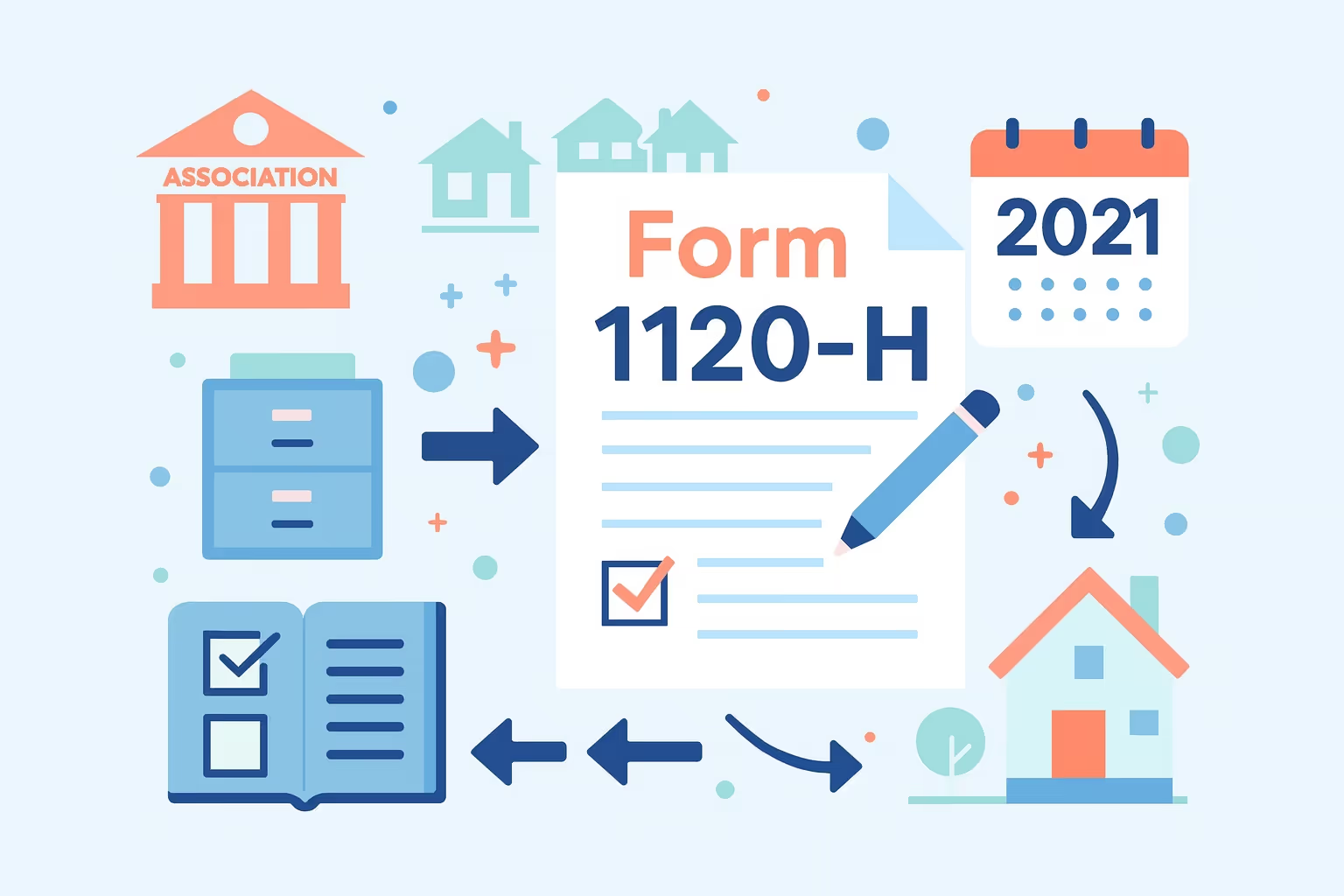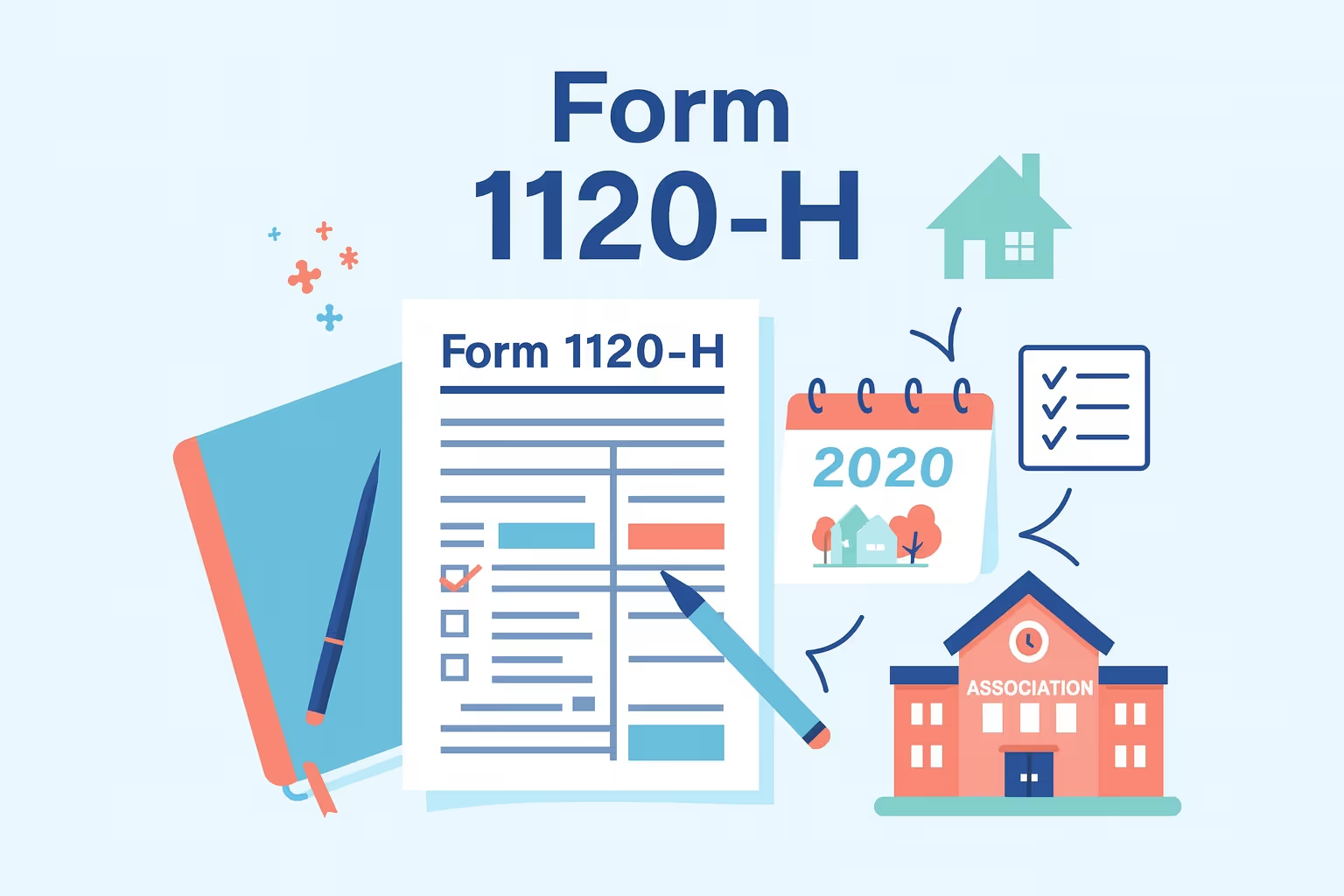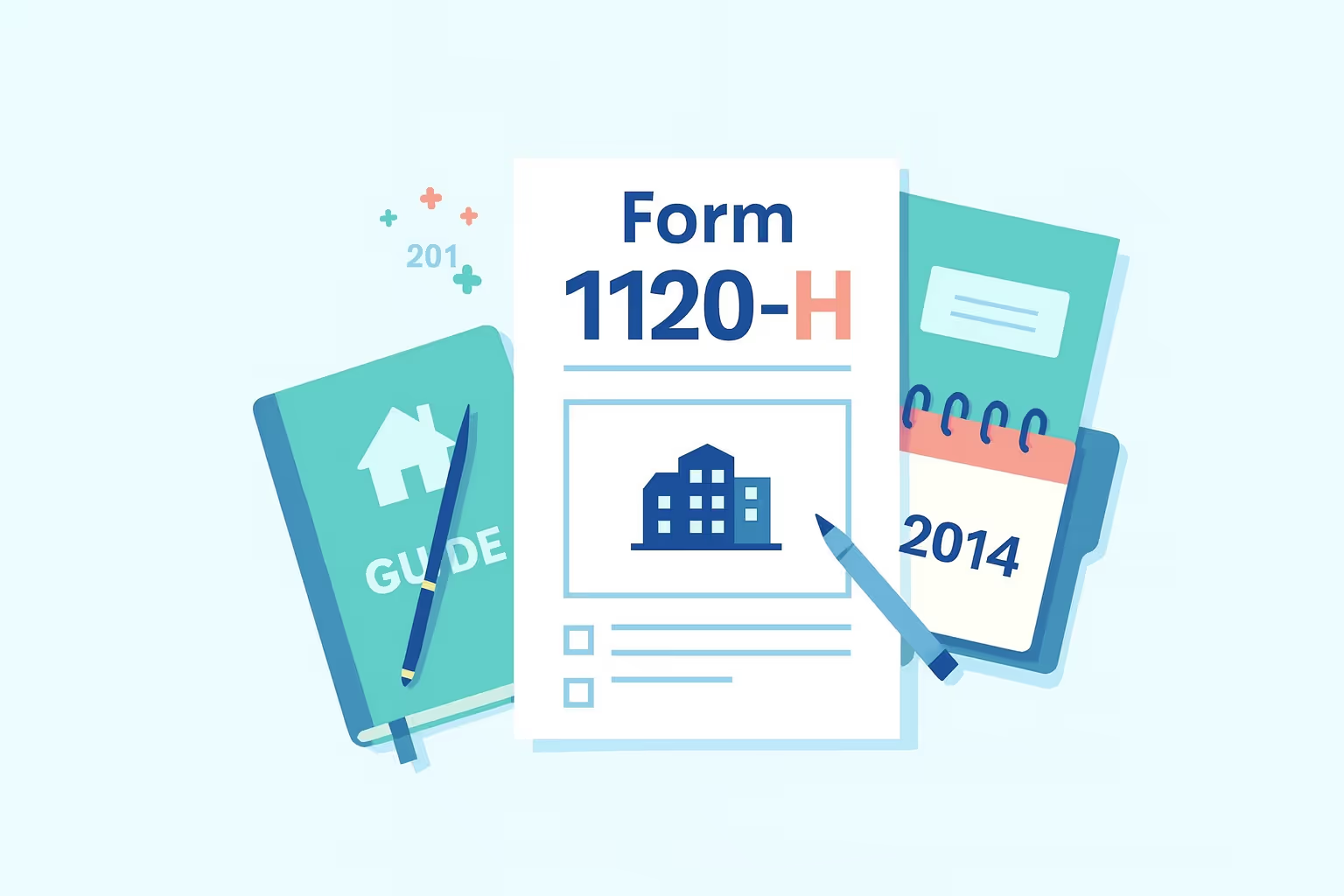
What IRS Form 1120-H (2018) Is For
IRS Form 1120-H (2018) is the income tax return that homeowners' associations file when they elect treatment under Section 528. The form functions as a corporation income tax return for a homeowners association, condominium management association, residential real estate association, or timeshare association that wants to exclude exempt function income from federal taxation. Exempt function income consists mainly of membership dues, assessments, and payments tied to association property or the association’s services.
Using this tax form allows qualifying associations to exclude exempt function income and report only non-exempt income as taxable income. The Internal Revenue Service applies a flat tax rate of 30 percent to most associations and 32 percent to timeshare associations or organizations with timeshare ownership interests. Because the vast majority of HOAs rely on membership dues for residential units or condominium housing units, Form 1120-H often provides certain tax benefits that reduce the total tax on the association's net earnings when filing requirements are met.
When You’d Use Form 1120-H for 2018 (Late or Amended Filing)
You may still need to file Form 1120-H for the 2018 tax year in the following situations:
- The association received IRS notices showing missing tax returns, tax payments, or balances with penalties.
- Errors were discovered on the original 2018 income tax return or a prior corporation income tax return.
- The Section 528 regulatory election was not made by the original due date in 2019, including any legal holiday extensions.
- You must correct the association's gross income, non-exempt expenses, or other recorded instruments affecting tax liability.
- There were property taxes, direct expenses, or usage fees that needed to be updated or corrected.
Refunds for 2018 generally are not available because federal tax returns have a three-year statute of limitations, although limited exceptions may apply.
Key Rules Specific to 2018
- Business interest rules under Section 163(j): These limitations applied during this tax year but rarely affected most homeowner associations without debt or capital gains activity.
- Qualification tests under Section 528: At least 60 percent of gross income must be exempt function income, and at least 90 percent of the association's expenditures must relate to association property or the association’s services.
- Flat tax rate requirements: A 30 percent rate applies to most HOAs; a 32 percent rate applies to any timeshare association with timeshare ownership interests.
- Penalty and interest rules: Late filings may lead to a 5 percent monthly penalty (up to 25 percent), plus interest calculated from the original due date or fiscal year deadline.
Browse more tax form instructions and filing guides in our Forms Hub.
Step-by-Step (High Level)
- Gather records and transcripts: Collect bank statements, invoices for HOA property, and IRS transcripts for the 2018 fiscal year.
- Use the correct-year form: File tax returns using the 2018 version. Confirm whether exempt income, non-exempt income, and non-exempt expenses meet Section 528 rules and whether the HOA qualifies.
- Calculate penalties and interest: Apply interest and monthly penalties to unpaid taxes. If association taxes are outstanding, interest continues until you pay the tax in full.
- Attach supporting schedules: Include any schedules for credits, real estate taxes, property taxes, or a net operating loss deduction from prior tax years.
- File the return: Mail the tax form to the appropriate IRS service center. Most delinquent HOA tax returns cannot be e-filed.
- Keep complete copies: Retain association’s income records, proof of payment, tax form copies, and all supporting documentation for at least three years.
Learn more about federal tax filing through our IRS Form Help Center.
Common Mistakes and How to Avoid Them
- Misclassifying income: Distinguish exempt income from taxable income by separating membership dues and exempt function income from non-exempt income, such as rental income, usage fees, or interest.
- Failing the qualification tests: Confirm that the association's gross income meets the 60 percent exempt function income requirement and that the association's expenditures for association property meet the 90 percent threshold.
- Applying the wrong tax rate: Use the correct flat tax rate of 30 percent for most HOAs or 32 percent when filing for any timeshare association with timeshare ownership interests.
- Incorrect penalty or interest calculations: Calculate penalties and interest correctly so that the total tax matches the actual income tax liability.
- Missing signatures: Ensure the association manager or authorized officer signs the IRS form; unsigned filings are invalid.
- Weak recordkeeping: Maintain documentation related to real estate taxes, property taxes, direct expenses, non-exempt expenses, and principal transactions so the HOA’s tax return can be supported if questioned.
Learn more about how to avoid business tax problems in our guide on How to File and Avoid Penalties.
What Happens After You File
The Internal Revenue Service typically needs 12–16 weeks to process late Form 1120-H filings for 2018. Interest continues to accrue on unpaid balances until tax payments are made.
- You owe tax: You may apply for an installment agreement using Form 9465 if you are unable to pay the principal amount immediately.
- The IRS disagrees: You may receive notices describing corrections or adjustments, and the association may respond or appeal.
- Issues are found: The IRS may request records relating to association taxes, homeowners' association taxes, or usage fees.
FAQs
Can I still get a refund for IRS Form 1120-H (2018)?
Refunds for IRS Form 1120-H (2018) are generally no longer available due to the three-year limit for federal tax returns. Only specific exceptions apply, such as certain disaster-related extensions or instances where tax payments were incorrectly applied.
How does exempt function income affect a corporation's income tax return?
Exempt function income reduces what you report as taxable income on a corporation income tax return filed under Section 528. When you exclude exempt function income accurately, only non-exempt income is taxed, which helps prevent avoidable tax issues and ensures the HOA’s tax liability is calculated correctly.
Do we need to file tax returns using Form 1120-H every year?
Yes, HOAs must file tax returns annually to continue using Form 1120-H. This election provides the lowest tax available for the tax year when the qualification tests and filing requirements are met.
When should we file Form 1120-H if we missed the initial due date?
If you need to file Form 1120-H after the due date, submit it as soon as possible. Penalties begin immediately after the due date unless a legal holiday or extension applies. Filing requirements for late HOA tax returns remain the same regardless of the number of years that have passed.
Can exempt income appear on Form 1120 or an HOA tax return instead of 1120-H?
A homeowners association may file Form 1120, but exempt income is not treated the same as on an HOA tax return filed under 1120-H. Filing Form 1120-H generally results in a lower tax burden because exempt function income is removed from taxation. A tax professional can help compare both options.



